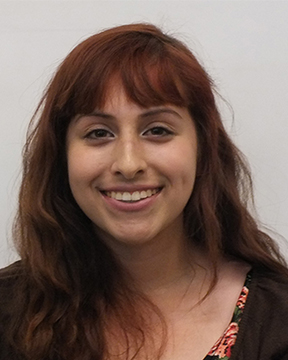The Department of Philosophy held a meeting on Feb. 18 at 11 a.m. in the Teleconference Center explaining the “Interdisciplinary Understanding of Religious Experience.”
It was composed of a panel of six professors explaining their viewpoints on the subject. They discussed religion as their primary topic through the different professors, such as Anthropology, Political Science, Psychology, Philosophy and Sociology.
Philosophy professor, Joe Van de Mortel, explained his perspective on religion, which consisted of various ways one can practice a religious experience. Prayer or visiting a temple can be different types of religious experience. In philosophy, truth is the highest value and it gives people the tools to experience tolerance since not everyone will have the same beliefs.
Another professor who teaches Philosophy and was part of the panel was Robert Sliff. He explained that religion is a remedy that can be seen as a response to a question, and the concept of salvational power.
Sliff said, “Since humans cannot remedy their own failure to be, they can hope that another will do it for them.”
Rituals were another important topic in the discussion and it was represented by Anthropology Professor Dr. Monica Bellas. She explained that all religions have a way to influence the supernatural, which includes the performance of rituals; prayer is an example of a ritual in anthropology.
David Chun, Computer Engineering major said, “Worship is ritual. Music is also a ritual. Any activities based on religious beliefs are rituals to me.”
In the psychology field, individual’s beliefs derive from their families. However, they can change it over time due to their surroundings, such as school or their peers.
Janet Medina, Psychology major said, “I learned professionals opinions during the lecture. I can agree with most of the professors.”
According to Professor Michelle Lewellen, food can also be a religious experience since it is biological and falls under health in psychology. Another interesting fact about religion is that all people who have lived over 100 years old have spirituality in common.
Political Science professor Sunday Obazuaye explained the role of religion in society. It is perceived as a social construct of reality and theoretical lens shape people’s understanding of the causes, nature and potential solutions to conflict.
Sociology professor, Amy Holzang, informed the audience that religion is a social creation and explains the unexplainable. It is a way of humans making sense and their beliefs become real in effects and consequences.
After the panel discussion was over, the professors allowed the student to come to the front and speak from a mic to ask questions regarding the religious experience.
Business Accounting major, Gary Foun said, “People say religion can be a good or bad thing. I think it is scary not to have anything to believe in.”









